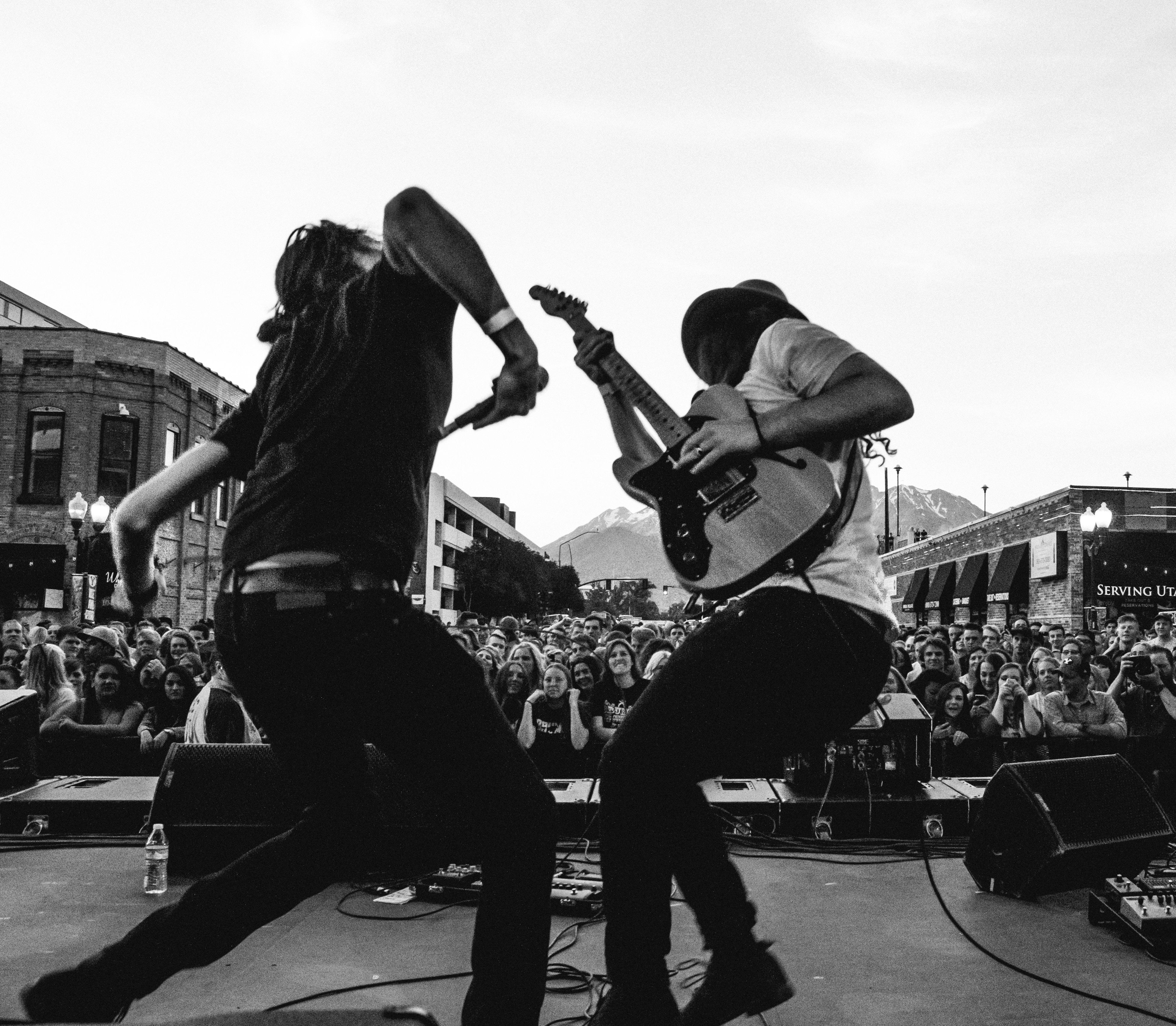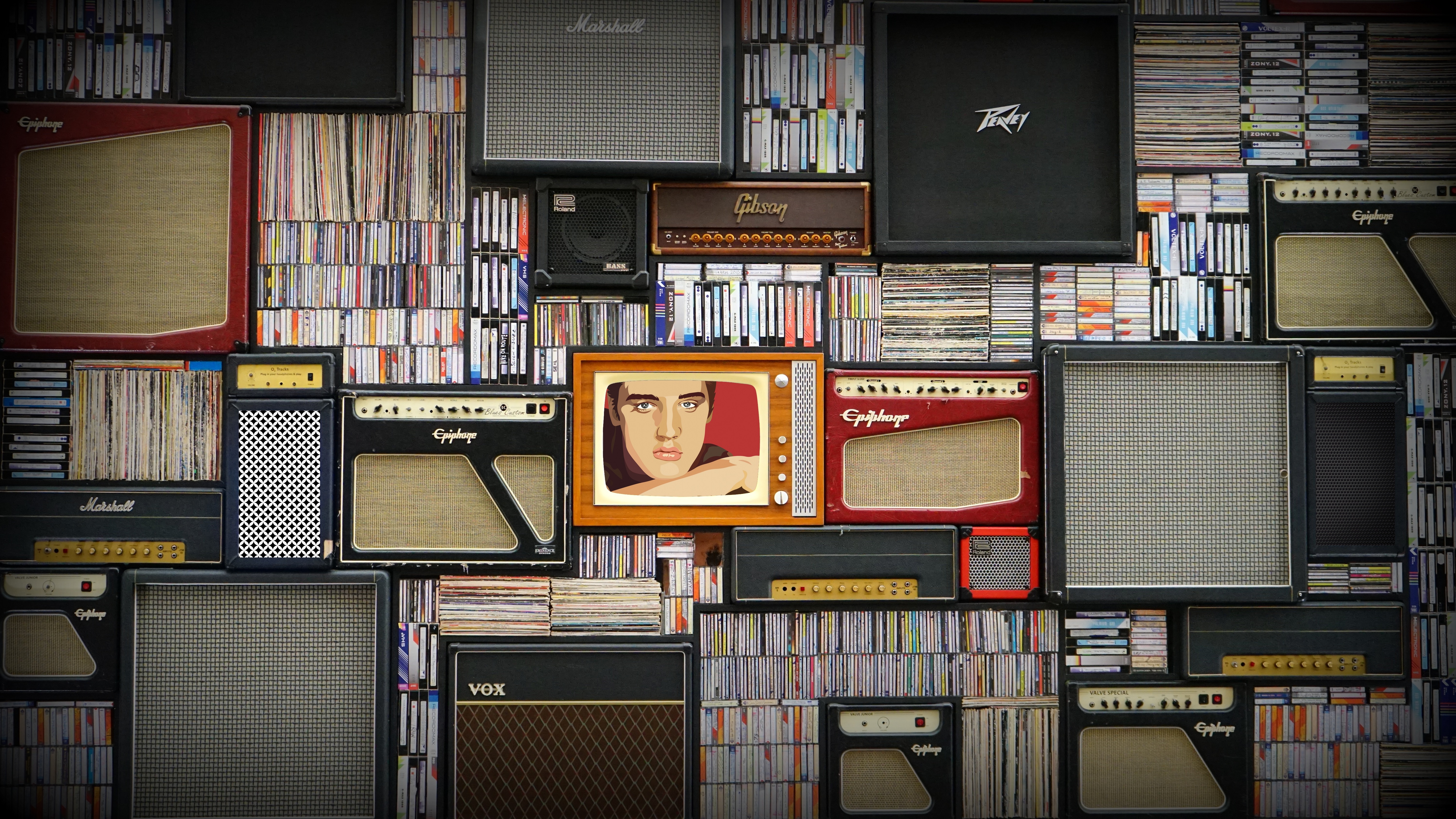Research
POPLIVE
 POPLIVE is a large-scale research project on live music that takes place from 2017 to 2021 at the Erasmus University and the Rotterdam University of Applied Sciences, in collaboration with the VNPF (Dutch Association of Music Venues and Festivals) and MOJO Concerts BV. The project is funded by the NWO (The Netherlands Organisation for Scientific Research) as part of the Topsector Creative Industries.
POPLIVE is a large-scale research project on live music that takes place from 2017 to 2021 at the Erasmus University and the Rotterdam University of Applied Sciences, in collaboration with the VNPF (Dutch Association of Music Venues and Festivals) and MOJO Concerts BV. The project is funded by the NWO (The Netherlands Organisation for Scientific Research) as part of the Topsector Creative Industries.
With this research project we analyse the value of live pop music. Not only economically, but also socially and culturally. Is the role of live music for the careers of musicians shifting? How are the preferences, perceptions and behaviour of consumers of live music changing? And what does that mean for the future of music venues and festivals? What is the value of music venues and festivals for their environment? What do they contribute to the local economy and tourism? What is their role with regard to reaching new and more diverse audiences? How can music venues and festivals contribute to talent development, musical innovation and genre diversity?
Staging popular music: sustainable live music ecologies for artists, music venues and cities
The popular music industry is slowly changing its focus from recorded music to live music revenues. Also, musicians increasingly depend on live concerts to earn a living. These developments have consequences for live music. First, for musicians in a precarious labour market, a performance based business model requires an extended and changing skill-set. Second, fixed pop venues experience increasing competition from new and often temporary stages, like festivals and popup locations. Third, live music industries are increasingly expected by local governments to have economic and sociocultural benefits. In short, sustaining popular music as a viable creative industry requires strong local music ecologies that add economic, cultural and social value for various stakeholders.
We will research how local live music ecologies can contribute to value creation in the careers of pop musicians, the position of music venues and festivals, and the local (urban) society in general. Our project uses a mixed approach of both extensive quantitative, and intensive qualitative information. The research will exist out of three interrelated subprojects:
Project 1
Musicians: making a living in live music
On the maker level we focus on the position of musicians and the role of live music ecologies in skill and talent development. In this project we will investigate how musicians navigate the demands of the precariousness of creative work and the management of the self. The key question here is how pop musicians, live venues and music education can contribute to a ‘healthy’ live music ecology. Rick Everts is PhD candidate within this project.
Project 2
Music venues and festivals: staging the live music experience
On the level of music venues and festivals we concentrate on how to find a balance between structural and temporary live music infrastructure, which caters for diverse audiences. The aim of this project is to explore how the live music industry can maximise its value within the context of consumers and (urban) society. In addition we will examine how live venues and festivals can create a sustainable business proposition. Martijn Mulder is PhD candidate within this project.
Project 3
Cities: the places of live music
On the societal level we focus on the value of live music ecologies for cities. While live music plays a vital role in urban development, there is still a lack of knowledge on how live music contributes to urban planning and city branding. The main goal here is to answer the question: what are the economic, cultural and societal values of live music ecologies for cities? Arno van der Hoeven is post-doc researcher within this project.
